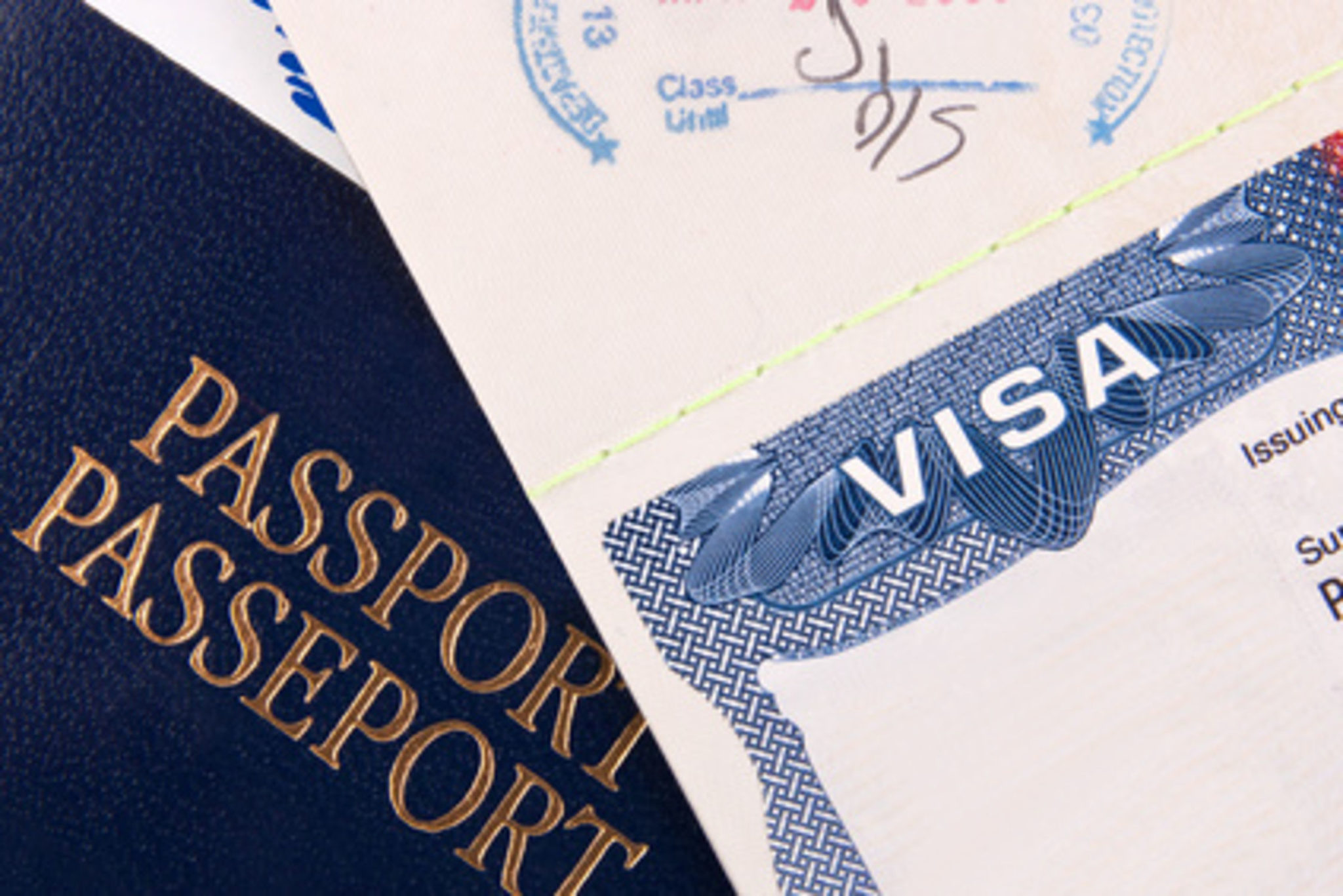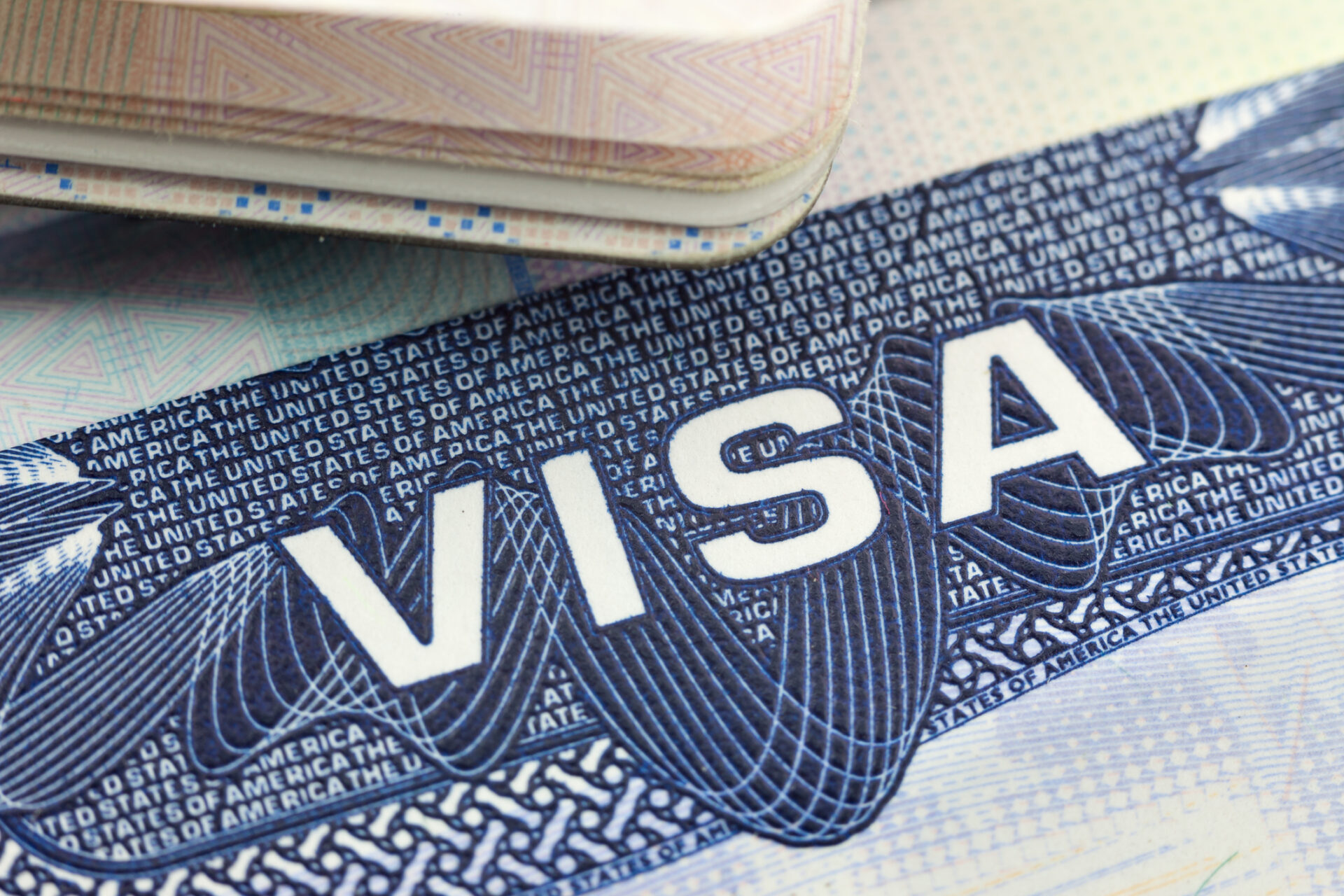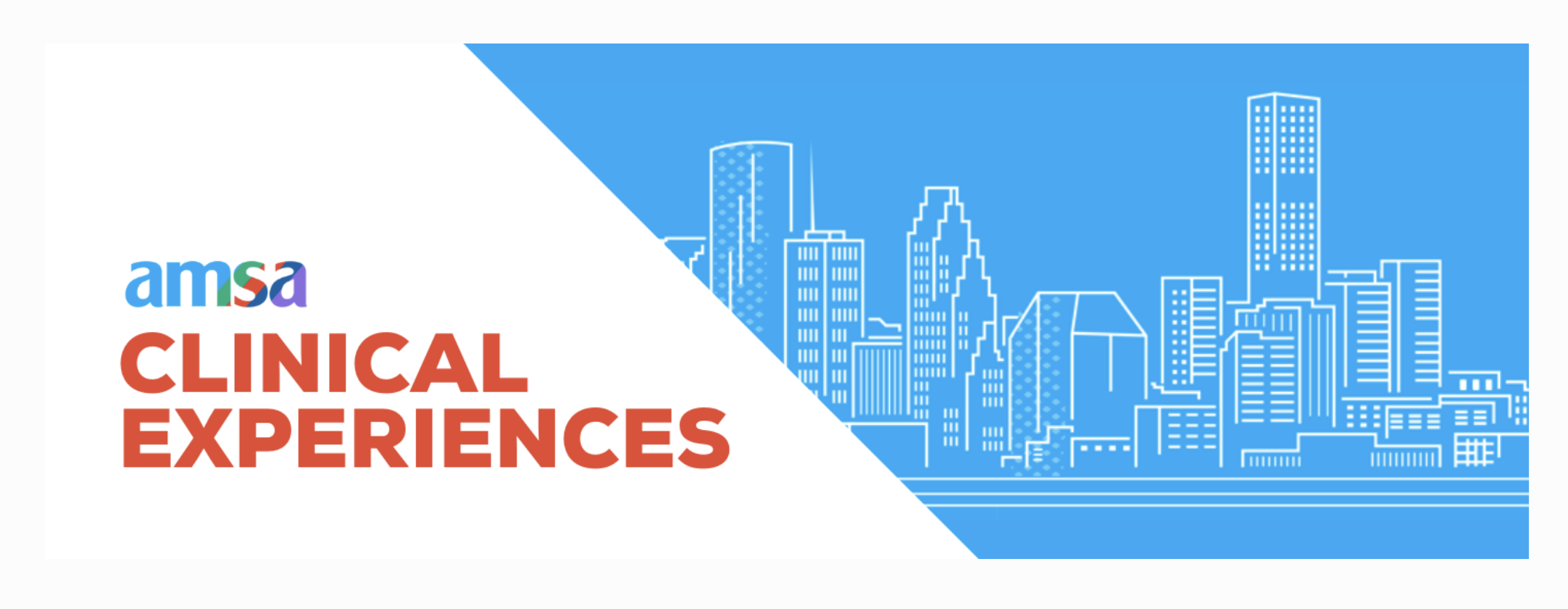Recently, many professional medical societies have pushed for a faster review of H1B Visas for international medical graduates slated to begin their residency training on July 1. In a letter to the Department of Homeland Security and Labor, the American Academy of Family Physicians and American College of Physicians were among 7 professional societies to call upon an expedited review process.
Before approving visa applications, the U.S. Citizenship and Immigration Services has begun requesting more information about residents’ wages. These requests have caused delays as the Department of Labor does not have wage data on medical residents.
These delays have important ramifications on healthcare systems across the United States. Many international medical graduate residents fill vacancies at community health centers, teaching hospitals, and federally qualified health centers. Many of these centers are already experiencing a shortage of physicians. If these IMGs cannot enter the country in time to begin their residency training, many patients are left without residents to care for them. If this issue is not resolved, patients lack access to care and IMGs cannot complete their residency training and start their practice.
IMGs apply for either a H1B or J1 visa. According to U.S. Citizenship and Immigration Services, the H1B visa program allows U.S. companies to temporarily employ foreign workers in jobs that necessitate the application of a highly specialized body of knowledge. The worker must have at least a bachelor’s degree in the field. The J1 visa program accommodates those who wish to take part in an approved program in the United States where they will receive graduate medical education and training.
This letter comes in the midst of attempts to decide on the future of the Deferred Action for Childhood Arrivals (DACA) program. Last year, professional medical societies expressed concern over plans to end Obama-era initiatives that would allow freedom from deportation and grant work permits to ‘Dreamers’ or undocumented immigrants brought to the U.S. before they were 16 years old.
While the current political climate in the United States is changing, many professional medical societies are pushing back. In this letter, these groups affirm their support for international medical graduates and vow to continue fighting for the overall health and well being of patients all across the United States.
If you are interested in joining other international medical graduates who have chosen to practice in the U.S. to fill vacancies, a clinical rotation is one of the first steps towards this. To explore and apply to a rotation with AMO click here.
Source: Healio







I’m applying this institutde bcz i stand my future. I also stand my family background and provide a good health care to every patience